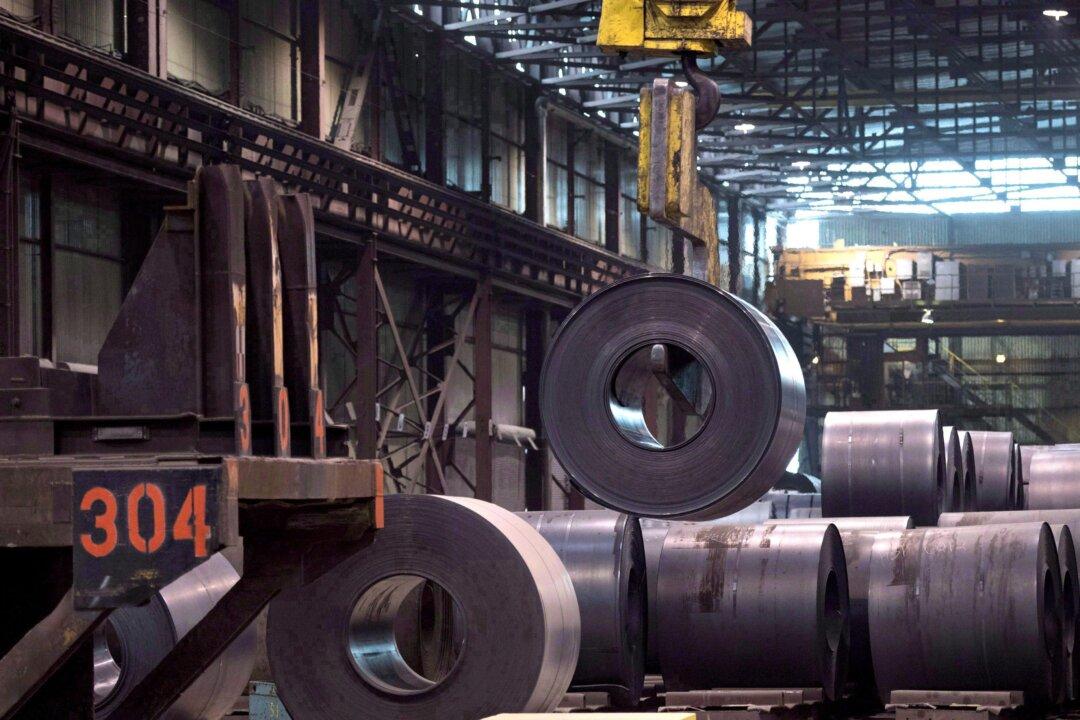OTTAWA—The U.S. commerce secretary says Canada is not a national security threat and that a revitalized NAFTA could make the Trump administration’s tariffs on steel and aluminum go away.
Wilbur Ross also acknowledged on June 20 that the U.S. doesn’t have a trade deficit on steel with Canada—in fact, he says, it has a surplus with its northern neighbour in terms of dollar value.





